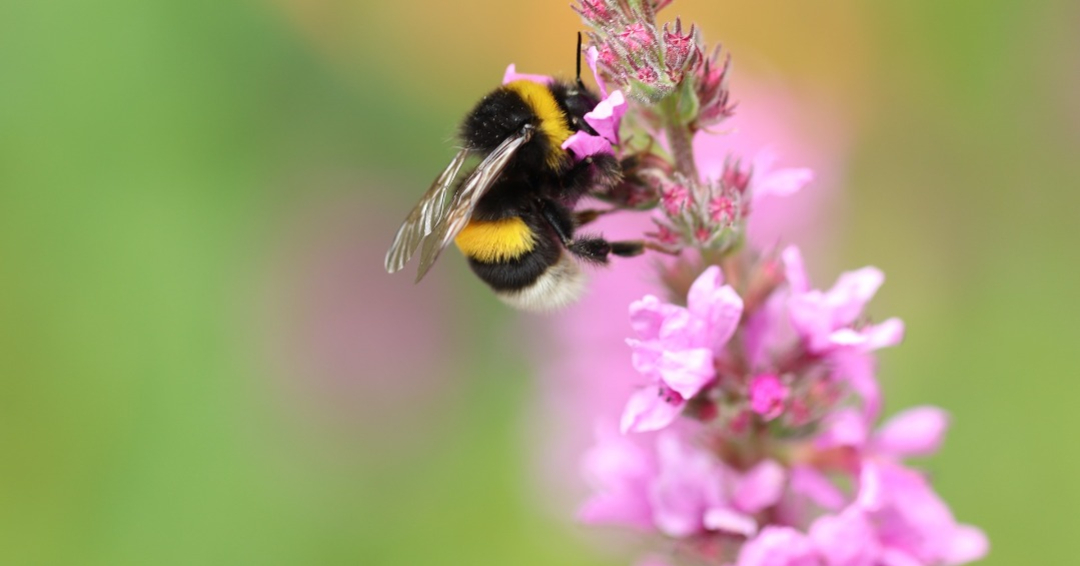Bumble bees populations are in steep decline (up to 75% in some places),due to pesticides, habitat loss, light pollution, and parasites. Now, it would appear that global warming is also taking a toll on this irreplaceable pollinator. In the USA alone, around half of the 45 bumble bee species are affected. The disappearance of bumble bees can lead to disruption of entire ecosystems and reduced crop pollination.
Eric Riddell, a global change biologist at Iowa State University, studied individuals from two local bumble bee species : the black and gold bumblebee-Bombus auricomus and the common eastern bumble bee-Bombus impatiensto understand how climate change affects them. He kept them in lab conditions and increased the temperature from 18°C to 30°C. He found that, when the temperature was raised, the black and gold bumble bees began breathing 10 times faster than their common eastern bumble bee counterparts, going from one breath an hour to one breath a minute. After three days, 25% of the eastern bumble bees had died, while twice as many of the black and gold bumble bees perished.
Riddell and his team collected seven more bumble bee species in the US in the summer of 2022, finding that all of those that are declining in number hyperventilate at warm temperatures.
Source: Science

